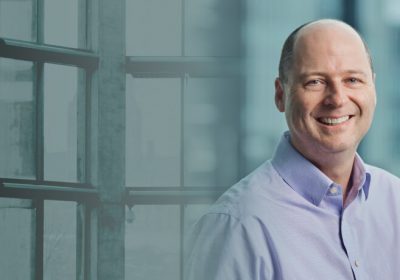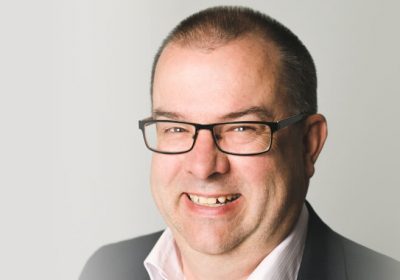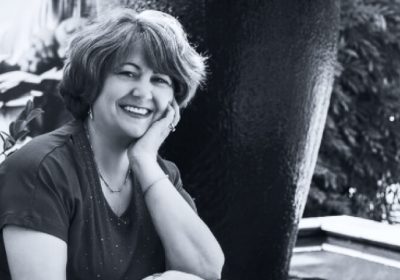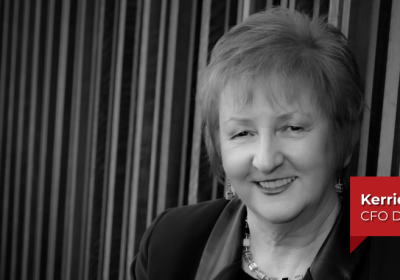
- Author: Johanna Leggatt
- Posted: August 23, 2021
Don’t Expect to Have a Lot of Friends
Sue Tindal has risen through the c-suite ranks through hard graft, a talent for leading, and a commitment to making tough but fair decisions.
When banker Sue Tindal returned to New Zealand in 2014, she assumed prospective employers would lap up her c-suite skills and international experience.
After all she is a former executive director of Bankwest; COO of Westpac Asia; executive vice president, global trade and transaction services at CommBank; and director of consulting at PWC.
But it took her a number of months to find a suitable job in Auckland.
“I was hearing, ‘We don’t want people like you earning money overseas and coming back and taking our jobs’,” Tindal says.
“You’re perceived as a threat because you have this offshore experience and have worked on big projects, but I didn’t want their jobs, I wanted to make New Zealand a better place.”
Surprisingly, Tindal says she has also encountered unprofessional corporate behaviour when she returned to New Zealand, which she rarely experienced in her many high-profile roles across Asia and Australia.
“We still have a long way to go here in New Zealand in terms of dealing with inappropriate or unacceptable behaviour (at work),” she says.
“That unfortunately includes people in both exec and NED positions, and it will not change for the better without calling out what’s acceptable and what’s not.”
Solving problems simply
Nevertheless, her return to Auckland marked the beginning of a new chapter in Tindal’s storied career when she secured a role as Group CFO of Auckland Council, which has the second biggest balance sheet in the country after the New Zealand Government Treasury.
“When I started, I had three months to get the 10-year budget approved,” she says.
“If I had of failed it would have resulted in an immediate downgrading of Auckland Council’s credit rating and that would likely have triggered a sovereign downgrade for the New Zealand government.”
Tindal has since parlayed her mix of public and private sector experience into a full-time NED career, where she is currently director and member of the finance audit and risk committee on Quotable Value Limited; a director of Quotable Value Australia; chair of privately owned New Zealand construction company, Brosnan Holdings; advisory chair of Lagom group; and the independent chair of the audit and risk committee for Hutt City Council, advising the mayor and elected members.
She is also helping the New Zealand Infrastructure Commission with a 30-year infrastructure strategy as their deputy chair/ chair of the audit and risk committee.
Over the years, Tindal has developed a simple but empathetic model for solving problems, which involves calling upon the service of just six words.
“The first two are ‘so what?’, where you ask yourself if this issue actually matters,” Tindal says.
“The next two, are ‘now what?’, what do I do about it if it is a problem?”
The final two are ‘then what?’
“Because then you think of the consequences of your decision and the impact on other people.”
“You can be the most hated person in the room some days because you had to do something that wasn’t the most popular decision, but it was the right one.”
Work ethic and wellbeing
Tindal’s career has been rewarding, and also challenging at times. She was a single mother for many years, juggling long hours with caring for her daughter.
“I wanted to make sure that I could give her the best possible start in life,” Tindal says.
“So that was driving me.”
Her work ethic comes from her maternal grandmother — the first female chartered accountant in New Zealand — who, alongside her father, taught her that she could do anything she wanted in life.
“The word ‘no’ is not one that I readily understand,” Tindal says.
“I believe very few things are totally impossible.”
Whereas once she let her determination and drive rule her life, these days she is much more balanced. The change came when Tindal was based in Asia,
working across multiple time zones and travelling six days out of seven.
“I knew it wasn’t sustainable,” she says.
“I realised I would not survive this unless I made some crucial changes.”
After that period, she began to set clear boundaries, and colleagues were often shocked that she turned off her work phone at night and didn’t check emails after a certain time.
“People were astounded, but I would say, ‘if something serious happens, then someone will call me on my private line’,” she says.
“When you’re a CFO, the best of us will push ourselves too hard and will start to crack.
“We’ve got to realise that we’re people, not machines.”
The changing role of the CFO
Tindal’s depth and breadth of executive experience has gifted her with considerable insight into the changing face of the modern CFO, a position that she thinks has “become a lot more strategic” since COVID-19.
“You need to understand the numbers, what they are telling you and also link them back to the strategy and what it means in the context of the business,” she says.
“That was starting to happen pre-COVID but now it has become a lot more important.”
As many CFOs have been crucial in shoring up balance sheets during the pandemic, executives are starting to elevate the CFO role within the c-suite, Tindal notes.
“In the past, when you were looking for a chief executive to promote internally, people used to think of the COO, or the CIO if it’s a tech company,” Tindal says.
“But people are now realising that person who has enterprise-wide view — someone who is usually very calm under pressure, understands the value of stakeholder engagement, understands risk management, as well as people management — that person is the CFO.”
Tindal also emphasises the importance of the CFO relationship with both the CEO and the Board in steering a company to success.
The CFO must also “be at the table” at Board meetings; they shouldn’t speak through the CEO, but should address the Board directly.
“The CFO also needs to keep the CEO and the Board safe, and to do that you need a relationship with the CEO that is different from the rest of your executive peer group,” she says.
“You need to be able to talk behind closed doors about any issues that are about to blow up that the CEO doesn’t know about.”
Crucially, the CFO post is not for everyone.
“Don’t expect to have a lot of friends,” Tindal says.
“You can be the most hated person in the room some days because you had to do something that wasn’t the most popular decision, but it was the right one.”








